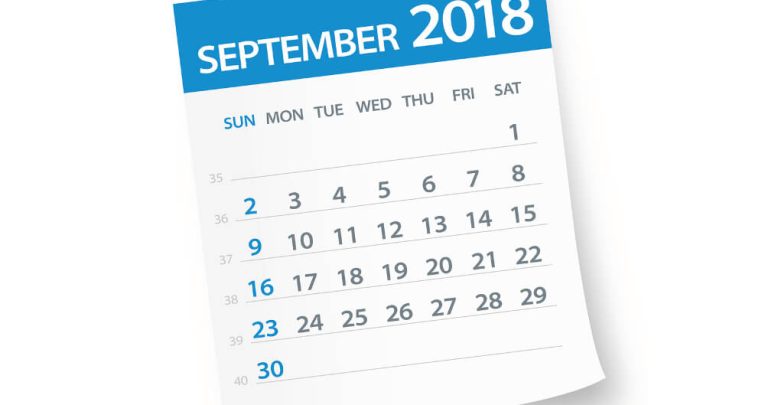New School Year – Are you Planning for Survival, or Success?

Brace yourselves…September is coming

- by Teachwire
- Classroom expertise and free resources for teachers

Winter has not quite arrived yet, but it is surely coming. And after a summer rest, the blizzard of a new school year hurtles inevitably toward us with fresh classes, curriculum changes, new stacks of student books to mark, and much more.
Even the most seasoned of veteran teachers need to revisit their intuitive ‘survival guide’, with new members of the profession eagerly searching out solutions for getting the best out of the year ahead.
No matter how experienced, every teacher suffers from the shock of a new school year. From the awful sleep that attends the first day back at school, to the guesswork that surrounds too much of the new GCSE curriculum and assessment, starting as we mean to go on can be difficult for us all.
A poor set of summer results for our students, or a tricky new class, can all too easily shake our confidence.
There are no easy answers – well, unless you have been granted the extraordinary gift of an endless array of PPA periods hours – beyond working hard, getting organised and seeking out support. The ‘survival guide’ I offer is, therefore, founded upon these solid foundations.
Plan to prepare
So where do we start? As the saying goes: ‘plan to prepare or prepare to fail’. Now, the wise sage who coined that aphorism probably wasn’t dealing with a hastily arranged set of new GCSEs, but they had a point regardless.
Firstly then, we need to start with thorough, careful pre-planning. Given the new curriculum requires a great deal of fresh, sound subject knowledge, planning must be more rooted in this area. For a geography teacher, it may be nailing the newer mathematical elements that complicate the GCSE specification; in history, it will likely prove essential to bolster knowledge of medicine through the ages, or the Norman Conquest.
Pre-planning individual lessons is problematic, as they will have a tendency to go awry, given we don’t know our new students yet; but a confident grasp of new schemes of learning and the new assessment that attends the GCSE, and our KS3 model, is crucial.
More than any other half term, teachers have the opportunity to plan ahead, and it is vital for our survival, allowing us to be responsive to the tricky challenge of a new class.
Make your space
Second up is fashioning the classroom space. Alas, there is no evidence that favours any one particular classroom seating arrangement (rows, groupings, and horseshoe set-ups all prove popular). What is key is that the classroom space is ours – leaving us room to stalk the room confidently.
With any new group, moving about the room – answering questions, tweaking misunderstandings, quelling chatter – sets the tone for the entire year ahead.
Thirdly, and strongly related to fashioning our own classroom space, is devising a savvy seating plan.
My electronic seating plans are utterly essential to me still (revised and realigned every half-term without fail). Given our first meeting with our groups, sharing the new seating plan conveys clarity, helps us learn their names quickly (another crucial early victory), and helps bring that familiar sense of classroom control that we all need.
Maintain your network
Last on my list is something to foster outside of the classroom: it is maintaining your social network. So crucial to our psychological well being, this source of support can range from having a ‘critical friend’, with whom you can share your pressures, failures, ideas and insights, to working hard to maintain your friendships and life outside of the travails of the new school year.
After the blissful summer break, it is easy to hunker down at work and break away from your non-teaching social connections – but this is something to be avoided.
We should look to thrive, not just to survive; and the best way to make sure that happens is with a little help from our colleagues, friends and family.
For more information on Alex Quigley visit theconfidentteacher.com or follow @HuntingEnglish.










